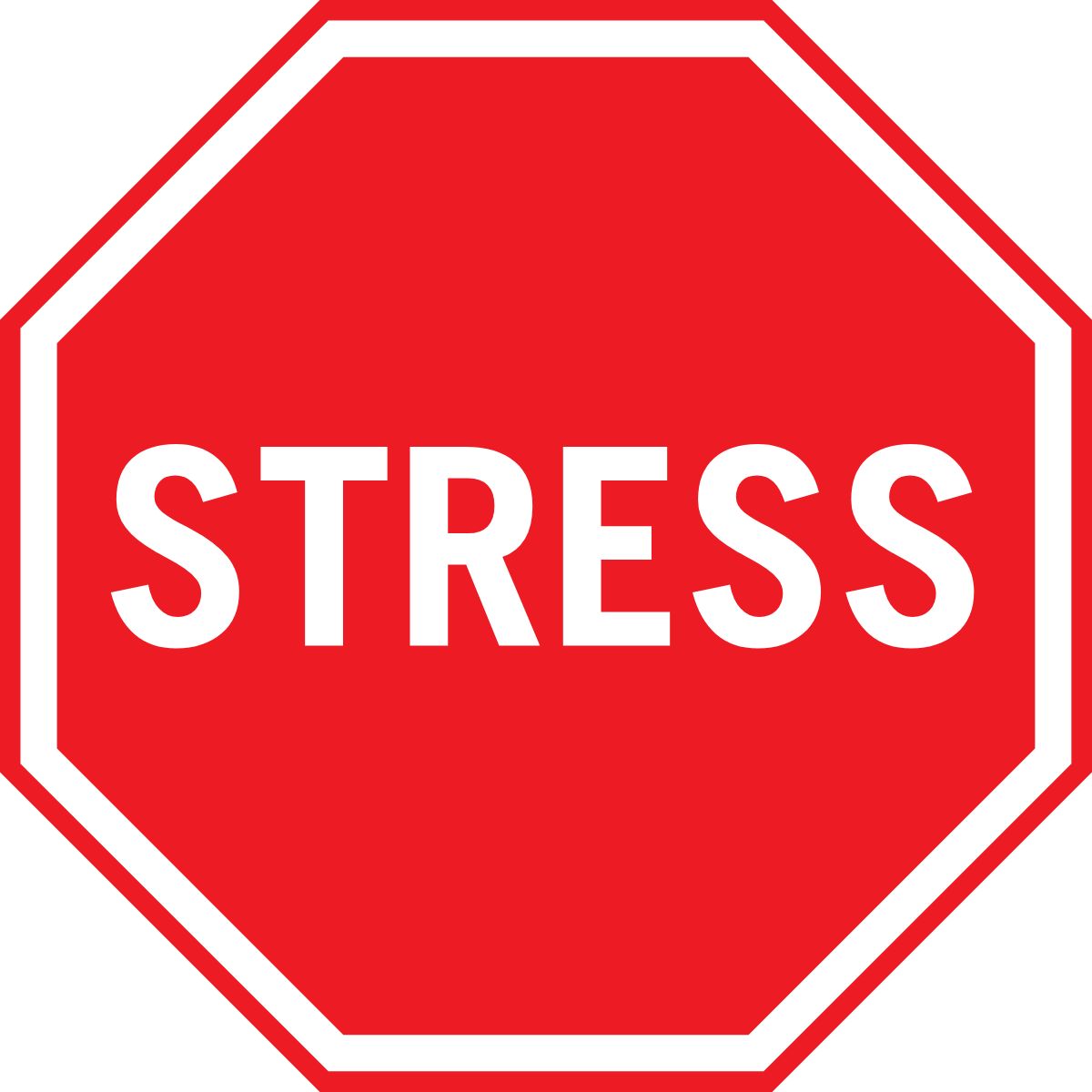You hate your job. How do you fix it?
I LOVE it when y’all email me with feedback about my emails and blog posts! This topic came from one of my email readers with some feedback about figuring out if you are burned out or just hate your job.
A clip from the reader’s email:
“I hate my job, but I’m not ready to quit. Honestly, my job is fine and I don’t think I’m burned out. I’m just in a mood where I hate it and I don’t know why. What do you do when you hate your job, but you don’t want to quit? Isn’t this the kind of thing that would lead to burnout?”
This is a very wise reader. Hating your job could lead to burnout. And there are preventative measures you can take to not burnout and love your job again. Good catch on talking about burnout prevention!
What Happened To The Millions Who Hated Their Job And Quit?
When you are in this limbo about your job, it’s stressful. You can’t walk into your boss’s office, plop down in chair, and say “I really hate my job. Fix it. Fix me.” And, complaining to your coworkers wouldn’t get you much genuine sympathy.
To top it off, you are reading about the millions of people who have taken part in the “Great Resignation.” You know what? We are starting to hear that a lot of people found out that they shouldn’t have left their job. They realized they made a rash decision without thinking it all the way through.
Ooops.
What Did They Miss?
There are a million reasons you could hate your job. Some of them are totally valid and others can be a bit questionable. Whatever the reason, it could burn you out. You don’t have to wait for a job to kick your butt, you know.
I would say the biggest mistake people make when you hate your job, is not asking yourself enough questions and figuring out what is motivating your displeasure. You may think it’s the pay, but it could be something entirely unrelated. And walking away from a job where you are familiar with the company, you have earned some tenure and credibility – isn’t always the smartest move.
What’s important to note here: any one of these reasons could crop up in your next job if you don’t identify what is bothering you about your current job.
So, let’s talk about some common reasons you could end up hating your job, what to do about it, and I’ll also give you a list of deep dive questions you can ask yourself.
Common Reason #1: You’re In A Rut
Your job feels like Groundhog Day: You go to work, see the same people, and do the same thing every day or week.
This is harmful for a few reasons:
- You become disengaged.
- The quality of your work suffers.
- You don’t feel challenged.
- You aren’t learning new skills.
Most of this is fixable by you because you stopped investing in yourself. You stopped asking questions, lost your curiosity, or got too comfortable. You stopped looking for ways to be more effective or efficient. Or, even lost sight in the potential of your job or the impact it has on others.
I say this one is fixable by you because you have to make the decision to reinvest in your job and figure out where that personal inspiration is going to come from.
It would be more impactful to have a conversation with your boss or another business owner to find out what steps you can take with their guidance.
- Is there a new project that you would like to participate in?
- Do you need to trade or delegate job responsibilities?
- What new skill set would put more zing in your step?
Common Reason #2: You Are Watching What Your Friends Are Doing With Their Careers
Maybe you are seeing your friends make more money, earn promotions, buying nice cars, or taking amazing vacations. You want all of that, too.
Comparing yourself is totally natural, but it shouldn’t be the basis of your decision-making. Sure, it could inspire you to make a change. But you have to remember you aren’t dealing with all of the facts. You don’t know what sacrifices they made to earn that promotion. Or, what debt they may be piling on with that new car or fancy vacation. Heck, they may not even like their job or took a promotion for all of the wrong reasons.
You are making judgements based on surface information and possibly decisions based on emotion. (Envy, jealousy…)
What helps here is to recognize their success isn’t your failure. What is going on in another person’s professional life has absolutely nothing to do with yours.
Common Reason #3: Your Confidence Is In The Crapper
The average workplace is full of confidence killers. This could include feelings of perfectionism, having a boss that micro-manages, clients that are always complaining, fear of failure, or feeling disengaged with your job or team.
A lack of confidence in your work is another one of those things that you can fix. Others can show you and tell you that you are doing a good job, but your mindset has to be open to really accepting and feeling it.
Some things you can do:
- Cut out your negative language. Stop downplaying your contributions or apologizing before you speak. You are not only saying to yourself that you don’t matter, but you are saying to others too.
- Set goals that are in alignment. There is nothing worse than working for something someone else wants or figuring out that the work you do isn’t a fit.
- Make sure you are using your natural talents and strengths. We often get caught doing work that highlights our weaknesses. Shift your focus to work and tasks that are in your wheelhouse. You will feel and look good doing them.
Common Reason #4: You Never Leave Your Work At Work
It’s not easy to turn your brain off. And, it’s impossible to control when inspiration is going to strike. Some of you even feel compelled to “always be on.”
You have to take a break. You have to.
It’s imperative to create a boundary between you and your work. It’s exhausting to always be on or think you are the only person that can handle most problems that arise.
Look for cut-off points and opportunities to delegate. If you aren’t in charge, talk to your boss about your inability to turn off. Maybe you have an unrealistic expectation they can help you manage.
This has always been a big problem for me. I have to prove to myself that I am not needed or that the world won’t end if I am not available. Over the years, I have done things like turn off my phone for one night just to see what happens, asked a trusted colleague to talk me off a ledge, and even asked a particular client that was giving me a headache how we could work together better.
Common Reason #5: You Don’t Know Why You Do Your Job
This is one of my favorite A-Ha Moments in people. I know that sounds crazy, but I do love it when a person realizes they don’t know why they are doing the work they do because the answer often reignites their passion in new ways.
It’s so easy to lose our compass because of how fast and how busy the world is these days.
When you lose your “why,” you easily become:
- Disengaged with your work.
- Unhappy with your outcomes.
- Toxic to your coworkers and clients
- Complacent in your work
Finding your why often gives you that motivation and inspiration to move forward. It reinvigorates you to seek new meaning, learn a new skill, or find out what you still don’t know about your field. We could all benefit from having this conversation with ourselves on a regular basis.
Questions You Might Want To Ask Yourself
The only person who really knows why you hate your job and can fix it is you. This is a good opportunity to play 20 questions with yourself and get clear on what is really bothering you.
- Why did you take this job?
- Why do you do this work? (Or, why do you work in this field?)
- If you could do anything else, what would it be?
- What are the expectations of you every day? Too much? Too little?
- What is one thing you would change about your job?
- What is one thing you would change about the way you work?
- How well do you do your job? (What could you be doing better? Or, what could you spend less time on?)
- How does this job fit in with your long-term career plans?
- How are you still learning new things related to this job or your career path?
- Is there an employer that would be a better fit?
- Is there another place you would like to live and do this job?
- How long do you intend to stay in this job?
- Is there potential for promotion?
- Do you feel appreciated and valued?
- Do you trust your boss/coworkers/employees?






